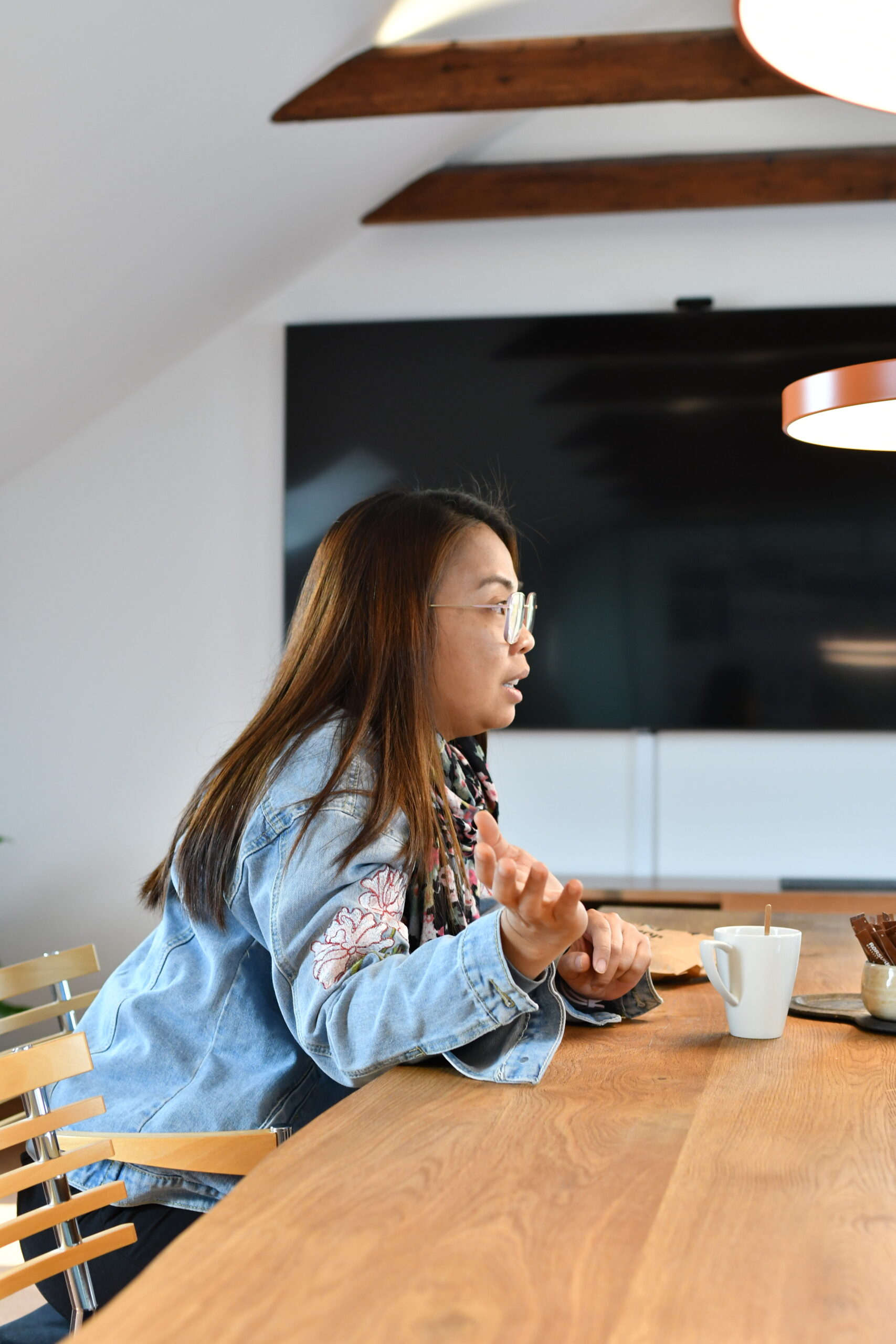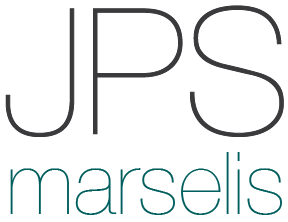
JPS supports
Made in Hope in the Philippines
MADE IN HOPE is a voluntary organisation (NGO) in the Philippines that helps women who have been the victims of trafficking, and which works to prevent the sexual abuse of women. “We have different training and education courses that provide women with the tools to move on in their lives and get away from the situation they are in,” said Executive Director at MADE IN HOPE, Michelle Tolentino.
A clear mission
MADE IN HOPE was established by five women who had personally survived trafficking. Their mission is to help other women get away from situations like trafficking and prostitution by giving women the tools to take care of themselves. Part of what the organisation does is also to rebuild women’s self-confidence, so that the women believe that they can take care of themselves. MADE IN HOPE works closely with the relevant authorities and are recognised opponents of trafficking. “We started by creating relationships with the women who work in prostitution. It requires a lot of patience, because they – for good reason – are very vary of strangers,” explained Michelle.
“Even though we are ready to help the women, it is not synonymous with them leaving prostitution. For the programme to work, it requires that the women have a sincere desire to find new lives. Our aim is to give them their dignity back and that starts by they themselves choosing to be part of our programme. It is 100% voluntary and without force,” said Michelle.


MADE IN HOPE is under constant development in order to meet the needs of the women: “One of the things we have learned is that many women still work the street because they have to provide for their children. We have therefore started She CARES (Children-At-Risk Empowering Support), which looks after the children and ensures they have a secure upbringing,” said Michelle. In addition to She CARES, MADE IN HOPE also has the programmes She LEADS (Leadership Development and Mentoring Skills), She WORKS (Livelihood Skills Training and Employment) and She ACTS (Awareness-raising, Advocacy and Networking). The aim is that MADE IN HOPE takes care of all of the basic needs of the women, so they do not have a reason for continuing to work the streets and can be a part of MADE IN HOPE.
MADE IN HOPE educates women, so they can look after themselves both socially and financially: “We set requirements for the women. They must participate in our teaching to be a part of MADE IN HOPE and to use our facilities. For many of them, it is the first time they experience that. For many, life on the street is the easiest way to earn money quickly,” said Michelle.
“With us, they reclaim power. hey get either training in leadership or learn a trade, so that they can support their family in a sustainable and financial way. They learn the value of having a job and of being part of something bigger,” said Michelle.
Since its establishment, MADE IN HOPE has expanded to Hawaii. With donations, from among others, JPS Marselis, they are working to open another centre in the Philippines: “It is extremely important, that we are there where the women are. It is the only way we can help them. f we are a long way away, it is difficult to meet us, so they reject us immediately. Therefore, we want to open yet another centre, and JPS Marselis’ donation is helping us to realise this,” said Michelle, smiling.

Meet Executive Director Michelle Tolentino

Executive Director of Made in Hope, Michelle Tolentino, explained why she started the project when she was in Denmark in September 2023: “I reached a crossroads in my life. Either I was going to continue my comfortable life in the US, or I was going to go back home to the Philippines and give back to my community. I chose to move back home, which I have not regretted in the slightest.”
Sponsorships were Michelle’s saviour
Michelle was born in a slum neighbourhood, so her life could easily have been very different today: “My family was extremely poor. We were so poor that we lived with 17 family members, and sometimes my siblings and I had to share an egg because we couldn’t afford more food. Although I have not been a victim of trafficking myself, I can well understand how that kind of poverty can drive young women and sometimes children into drug trafficking and prostitution. It can be the only way to survive.”
Michelle’s path out of the slums came from her local church: “The church gave me a sponsorship so I could start school when I was six years old. Eventually, my mum started coming to church too and they helped her get a job in the school administration. My dad was a drug addict, so we didn’t see much of him. I think that’s where my passion and compassion for others comes from: I know how hard it is to struggle for a better life and break the social legacy.”
With the help of the church, Michelle completed a degree in communication in the Philippines and then pursued a master’s degree at Moody Theological Seminary in the USA.
Afterward, she worked for a theater group based in the Philippines but operating throughout Asia.
After seven years as a marketing director, she realized that this was not what she wanted: “I could have easily continued to earn very good money in the USA and support my family that way.
But, it just wasn’t what I wanted to do with my life. I’m passionate about helping others and seeing them succeed,” Michelle explains.
From the USA to the Philippines
In 2011, she moved back to the Philippines: “It was really one of those watershed moments where I jumped into the unknown,” Michelle reflects and continues: “We started with five women in Made in Hope. Today – about 12 years later – we have 64 women and 76 children. I’m so proud of everything we’ve already accomplished!”
Michelle continues: “In the beginning, I focused solely on the women, but I quickly realised that we needed to expand the project to help the children as well. The women’s reason for being in prostitution is to put food on the table. By giving the children a safe place to be and an opportunity to learn, the women are also more interested in learning something new so they can earn money for the family in a different way. For me, it has been important that we protect the dignity of women. I don’t judge anyone for the choices they have had to make to survive. With us, they must experience a free space.”
“My goal is to help these women and children out of poverty so they can break the social legacy. Many of our employees today are women who have been through the programme and are passionate about helping others like themselves,” says Michelle and concludes: “My hope is that I can help others by giving them opportunities and hope in the same way that I was helped to get out of the slums.”
